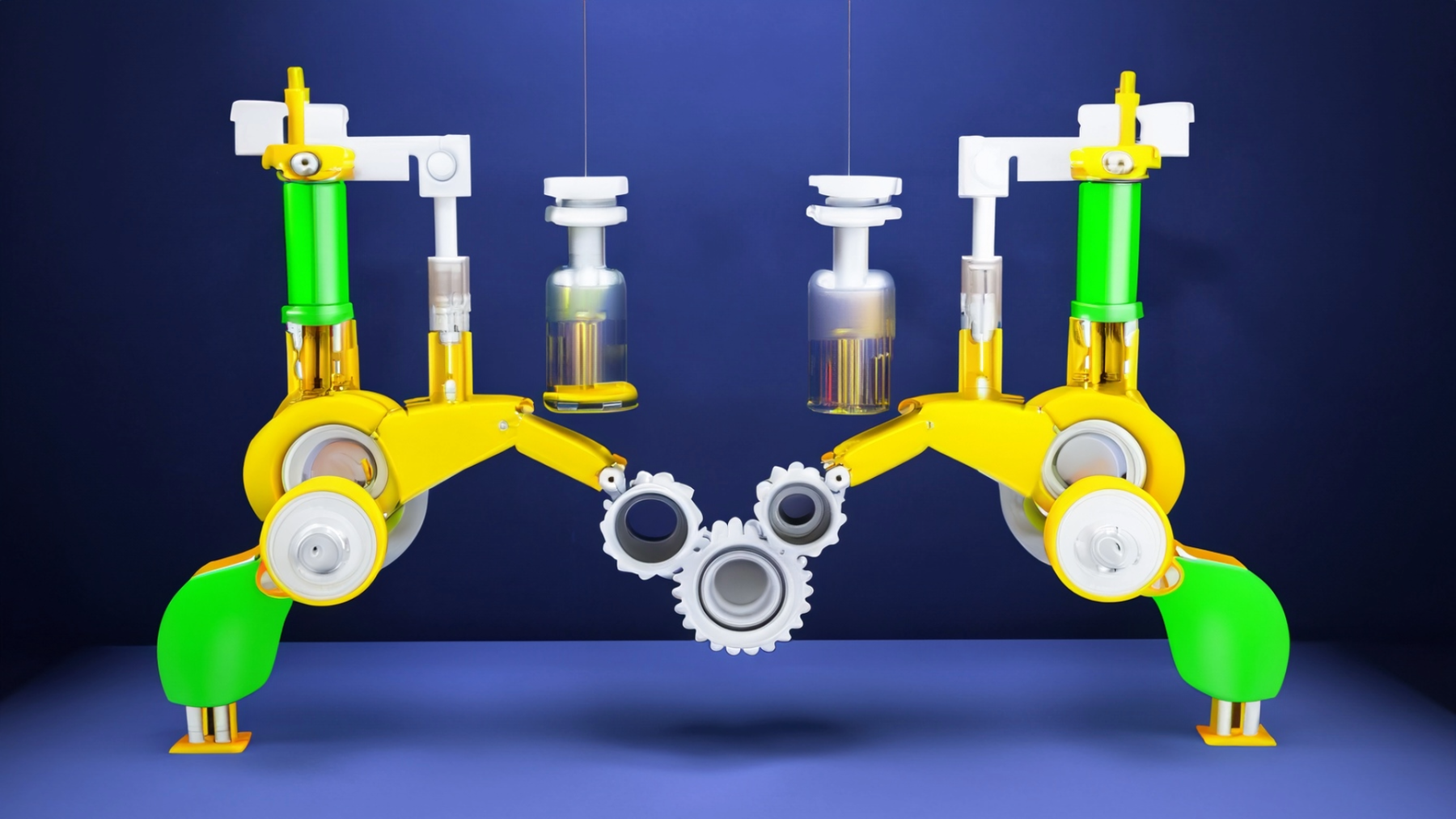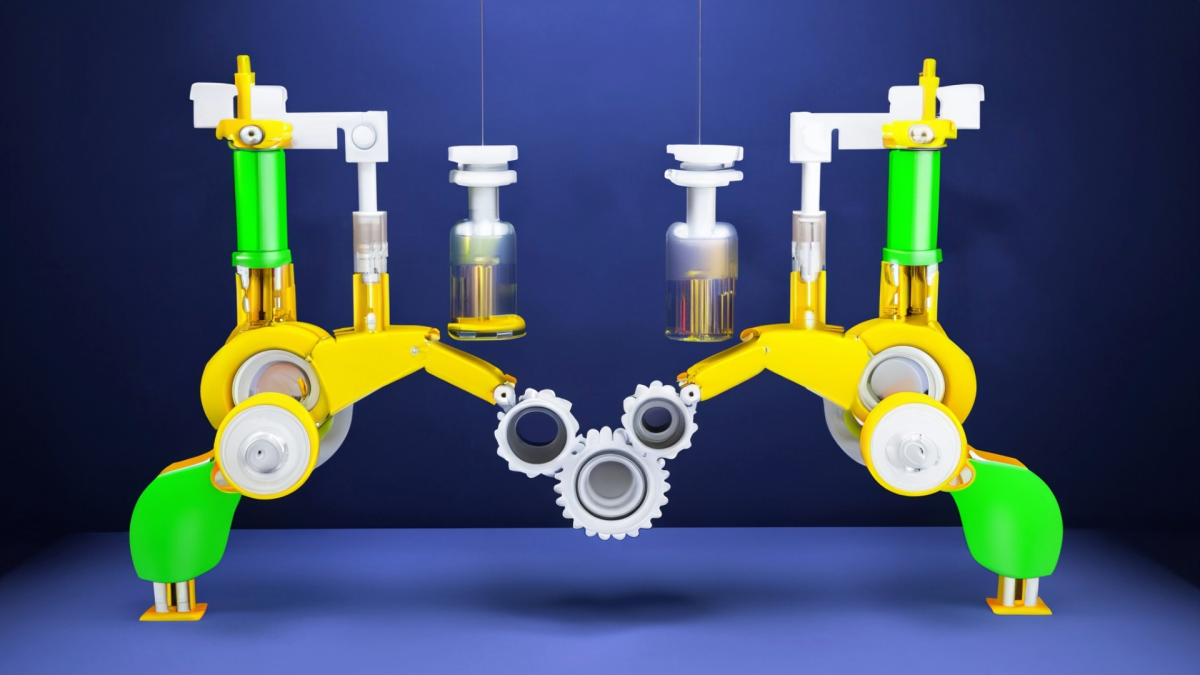
Exploring Simple Machines
by Tiffany Abney
Students will understand the concept of levers as simple machines and will identify and classify everyday objects as levers. Students will apply basic mathematical concepts to measure and compare the effectiveness of different levers.
Lesson Grade Level
2nd GradeLesson Plan Link/URL
https://docs.google.com/presentation/d/1pXg-AlLvTvKM30pE4IW-XrXcYf1FAgARzsoaDGx…Subject Area
Science Physical Science P2: Objects at a Distance Technology 4. Innovative Designer 5. Computational Thinker Engineering S1: Engineering & Global Society S2: Apply the Engineering Design Process S3: Apply Mathematics to Engineering S4: Apply Science to Engineering Mathematics Measurement and Data (MD) Geometry (G) English Language Arts (ELA) Reading (Literature)Related Content

Grades:
3rd Grade, 4th Grade, 5th Grade, 6th Grade, 7th Grade, 8th Grade, 9th Grade
Engineers often create small-size models of a new product to test its design. This is especially true with airplanes. Model testing tells engineers how a design responds to different air conditions

Grades:
9th Grade, 10th Grade
This lesson plan focuses around 4 key topics, with activities for each. The plan covers renewable energy, solar energy, why solar energy is important, and what the children can do to conserve energy

Grades:
6th Grade, 7th Grade, 8th Grade
This lesson is part 2 of 2, Days 3 and 4. This lesson is set up to have students explore the friction bridge designed by Leonardo Da Vinci. Students have discovered the inventor and become familiar